 At Disability Belongs™, eliminating barriers to work and advancing competitive, integrated employment (CIE) is one of our top policy priorities. We are committed to ensuring all workers are valued and paid fairly in inclusive workplaces. The path to fair wages and inclusive employment for disabled workers is a challenging one, but with your continued support we can help make it a reality. That starts with legislation that ensures all employees be compensated fairly and equitably.
At Disability Belongs™, eliminating barriers to work and advancing competitive, integrated employment (CIE) is one of our top policy priorities. We are committed to ensuring all workers are valued and paid fairly in inclusive workplaces. The path to fair wages and inclusive employment for disabled workers is a challenging one, but with your continued support we can help make it a reality. That starts with legislation that ensures all employees be compensated fairly and equitably.
Last session, Disability Belongs worked to advance the Transformation to Competitive Integrated Employment Act (TCIEA), a bold step toward ending subminimum wages for disabled workers by eliminating 14(c) certificates nationwide and promoting CIE. Despite our advocacy and the incredible support of our larger network, TCIEA didn’t make it through the legislative process in the 118th Congress. However, some of its key provisions were incorporated into a larger funding bill, called a continuing resolution, near the end of last session that would have also reauthorized the Workforce Innovation and Opportunity Act (WIOA). WIOA is a landmark law that connects job seekers with education, training, and support services while linking employers with skilled workers.
Unfortunately, Congress did not reauthorize WIOA as part of the continuing resolution. Instead, a stopgap version of the funding bill was passed, excluding key provisions from both TCIEA and WIOA. Now, as we move into the 119th Congress, the future of these critical pieces of legislation remains uncertain. [continue reading…]
 Work requirements are federal or state policies that mandate individuals to work or participate in job-related activities in order to receive benefits such as Medicaid, Supplemental Nutrition Assistance Program (SNAP), Temporary Assistance for Needy Families (TANF), and housing assistance. While framed as promoting independence, too often these policies fail to account for the challenges faced by people with disabilities.
Work requirements are federal or state policies that mandate individuals to work or participate in job-related activities in order to receive benefits such as Medicaid, Supplemental Nutrition Assistance Program (SNAP), Temporary Assistance for Needy Families (TANF), and housing assistance. While framed as promoting independence, too often these policies fail to account for the challenges faced by people with disabilities.

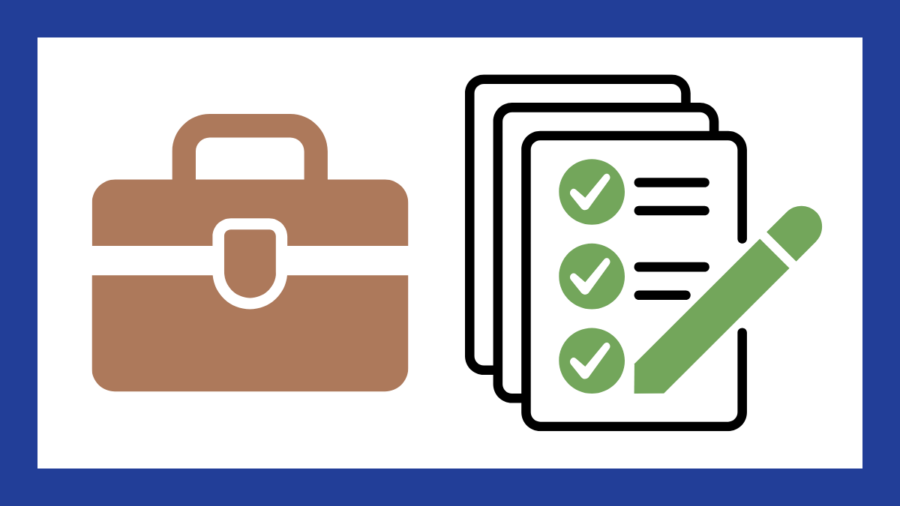

 The U.S. Department of Education plays a critical role in ensuring that students with disabilities receive access to inclusive education, services, and legal protections under federal law. Recent proposals to dismantle, restructure, and defund the Department threaten to undermine decades of progress in disability rights and educational equity. This policy brief outlines the essential role of the Department of Education, the risks posed by dismantling it, and a call to action to safeguard the rights and opportunities of students with disabilities.
The U.S. Department of Education plays a critical role in ensuring that students with disabilities receive access to inclusive education, services, and legal protections under federal law. Recent proposals to dismantle, restructure, and defund the Department threaten to undermine decades of progress in disability rights and educational equity. This policy brief outlines the essential role of the Department of Education, the risks posed by dismantling it, and a call to action to safeguard the rights and opportunities of students with disabilities. 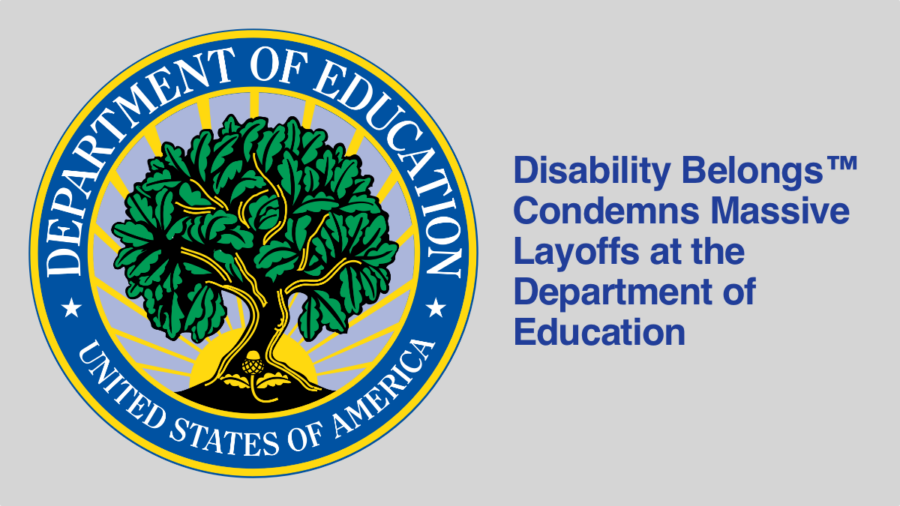
 Washington, D.C., March 18 – This past week, reports confirmed that the Department of Education
Washington, D.C., March 18 – This past week, reports confirmed that the Department of Education 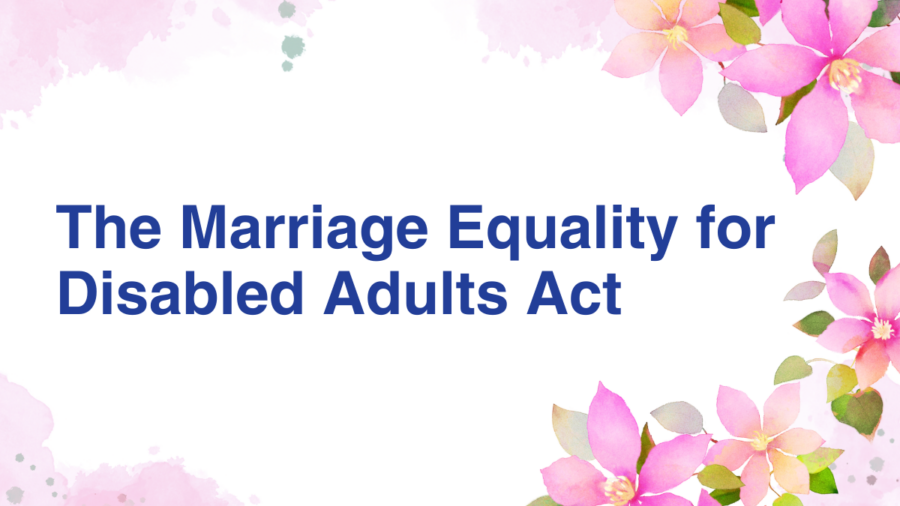
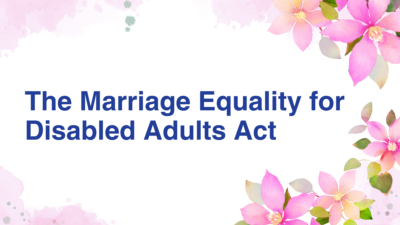 Under current law, more than one million Americans with lifelong disabilities who receive benefits as ‘Disabled Adult Children’ (DACs) lose their Social Security and Medicare benefits if they marry a non-disabled person. This can severely limit disabled individuals from having access to lives of their choosing, including marriage. People shouldn’t have to choose between marriage to the person they love and losing their benefits.
Under current law, more than one million Americans with lifelong disabilities who receive benefits as ‘Disabled Adult Children’ (DACs) lose their Social Security and Medicare benefits if they marry a non-disabled person. This can severely limit disabled individuals from having access to lives of their choosing, including marriage. People shouldn’t have to choose between marriage to the person they love and losing their benefits.
 At Disability Belongs™, eliminating barriers to work and advancing competitive, integrated employment (CIE) is one of our top policy priorities. We are committed to ensuring all workers are valued and paid fairly in inclusive workplaces. The path to fair wages and inclusive employment for disabled workers is a challenging one, but with your continued support we can help make it a reality. That starts with legislation that ensures all employees be compensated fairly and equitably.
At Disability Belongs™, eliminating barriers to work and advancing competitive, integrated employment (CIE) is one of our top policy priorities. We are committed to ensuring all workers are valued and paid fairly in inclusive workplaces. The path to fair wages and inclusive employment for disabled workers is a challenging one, but with your continued support we can help make it a reality. That starts with legislation that ensures all employees be compensated fairly and equitably.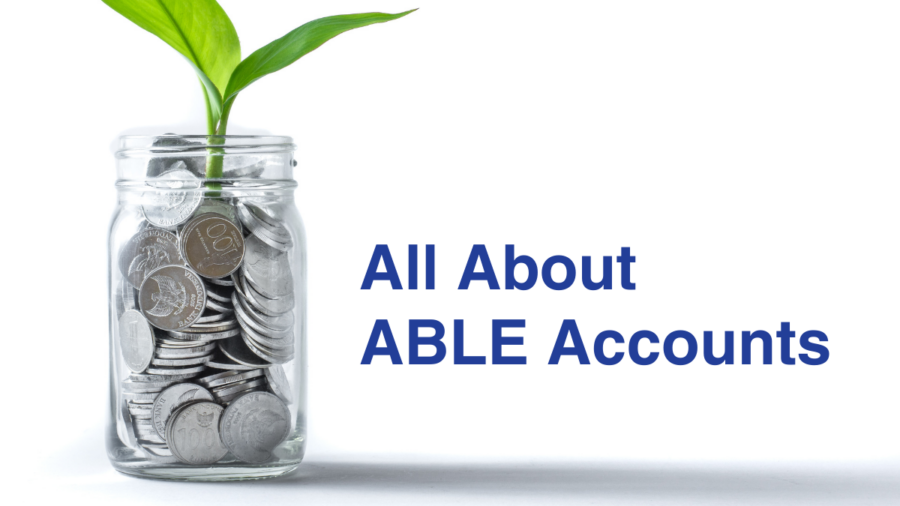
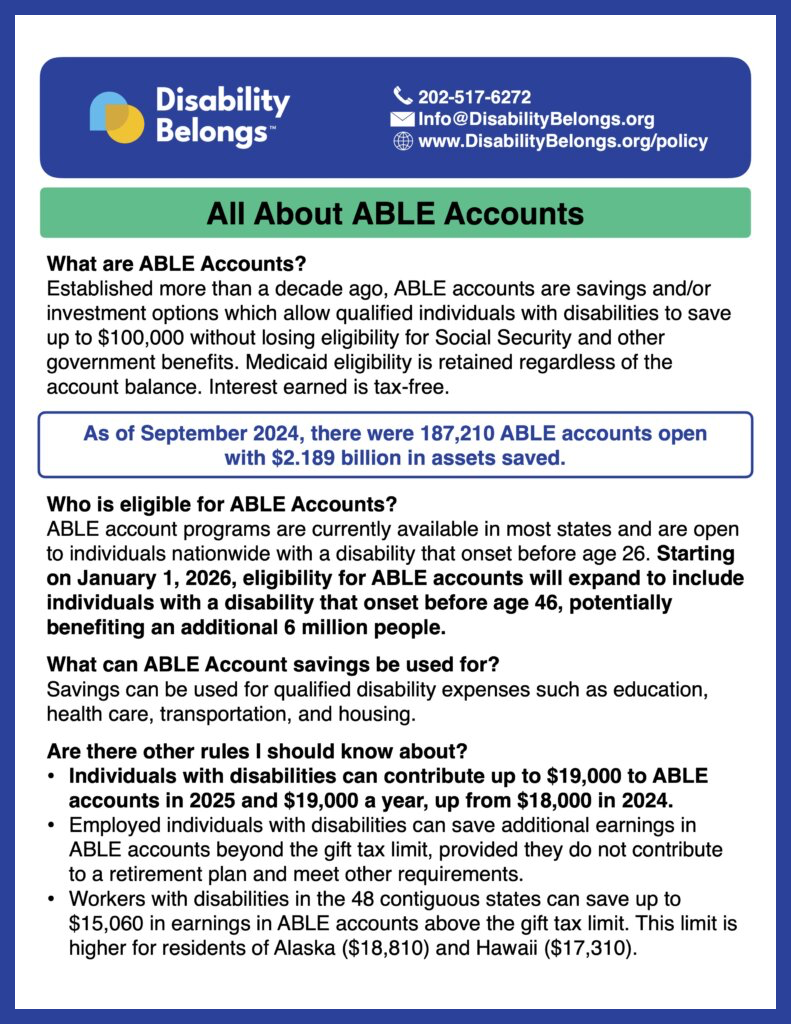
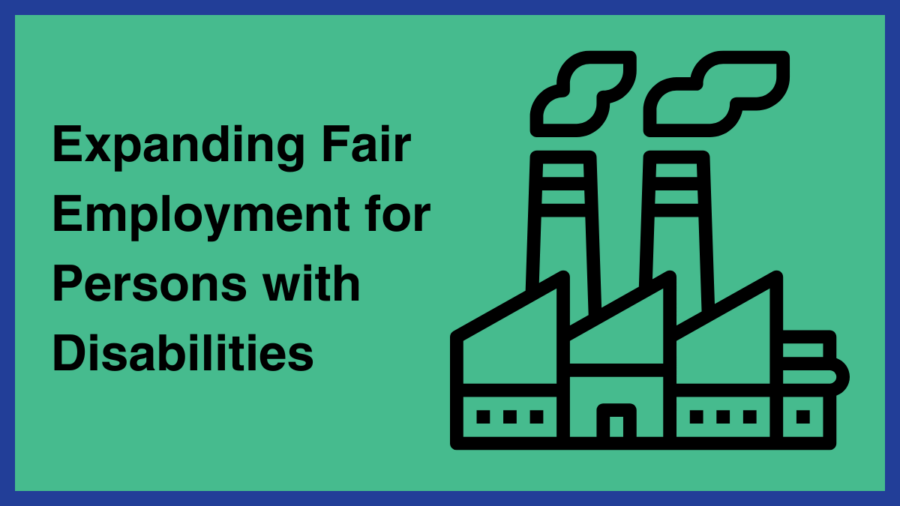
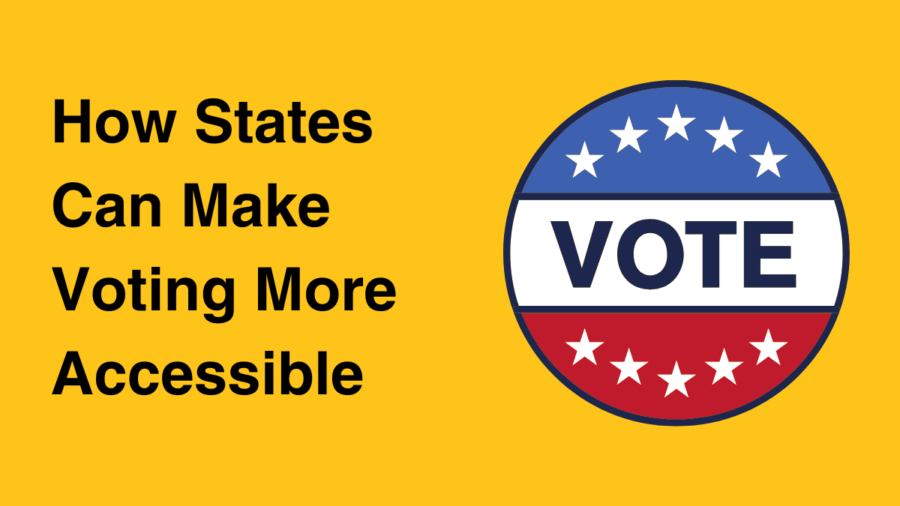
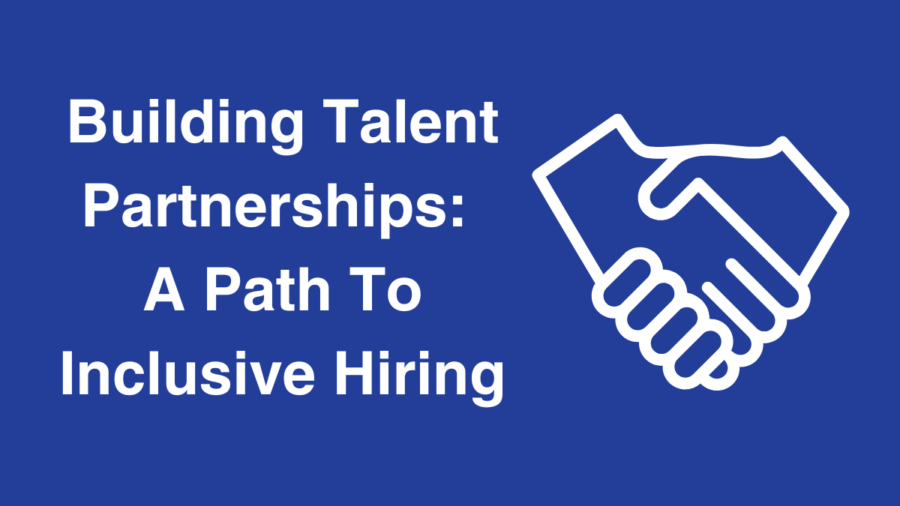
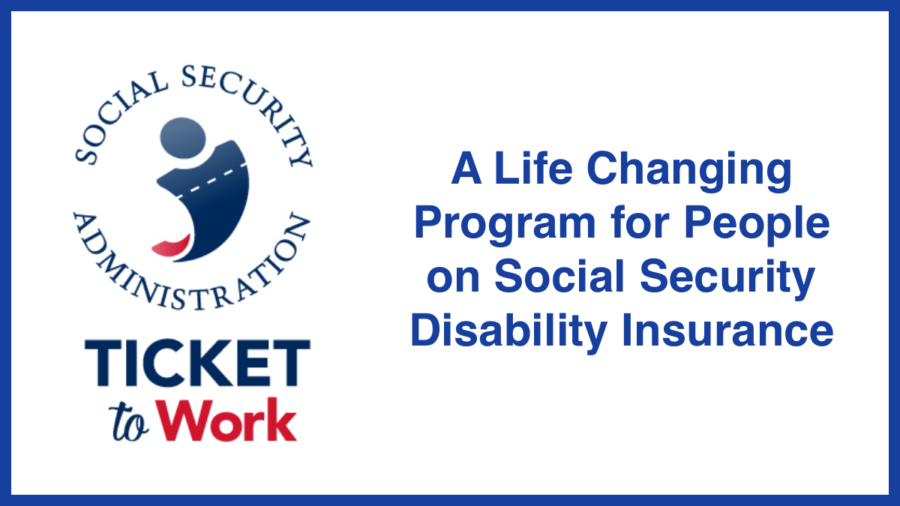
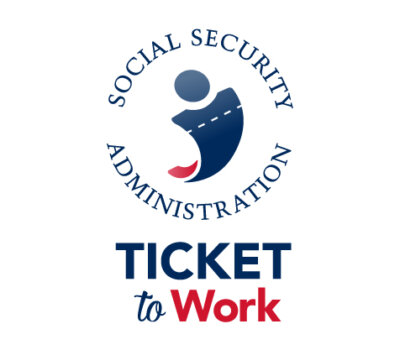 According to
According to 

